PhD in Global Health—Metrics Track Students
The Global Health Metrics and Implementation Science PhD program is supported by both the Department of Global Health and the Department of Health Metrics Sciences, with Metrics Track students working alongside HMS faculty. Metrics students are listed below and Implementation Science students can be viewed here.
Doctor of Philosophy, Global Health Metrics and Implementation Science [Metrics Track]
Alejandra Arrieta

Alejandra joined the PhD program in 2020, after working as a Research Analyst at the International Food Policy Research Institute (IFPRI) and as a consultant for the World Bank’s Development Economics Vice Presidency (DEC). During her time at IFPRI, Alejandra worked primarily on large scale impact evaluations of maternity health and nutrition, and women’s empowerment programs in India and Bangladesh. Her economics and public policy training has allowed her to work on a diversity of topics in different contexts, ranging from financial inclusion, social protection and nutrition specific impact evaluations in Mexico, Peru, Bolivia, Uganda, Ethiopia, Vietnam and Ghana. During the PhD program Alejandra is interested on studying social determinants of health, with a specific focus on gender inequality in health. In 2021, Alejandra was selected to join the Health Policy Research Scholars program, focused on the promotion of equity and health.
Emma Castro
Emma joined the PhD program in 2018 after earning her MS in Biostatistics from Columbia University and studying International Health as an undergraduate at Georgetown University. She currently works as a Researcher on the Pandemics team at IHME, where she has been modeling population-level mobility, social distancing mandates, and mask use – key inputs for the team’s COVID model. Her research interests include infectious disease modeling, human mobility models, and methods for combining traditional health data with novel sources of data, including cell phone GPS data and digital trace data. Prior to joining the Pandemics team, Emma spent time working with IHME’s Neglected Tropical Disease (NTD) team and continues to be passionate about vector-borne disease elimination efforts. She has spent time in Tamil Nadu, India, working with collaborators at the Vector Control Research Centre to quantify and improve mass drug administration for the elimination of lymphatic filariasis. She hopes her research will continue to furnish policy makers with the tools to make data-driven decisions in support of better health for all.
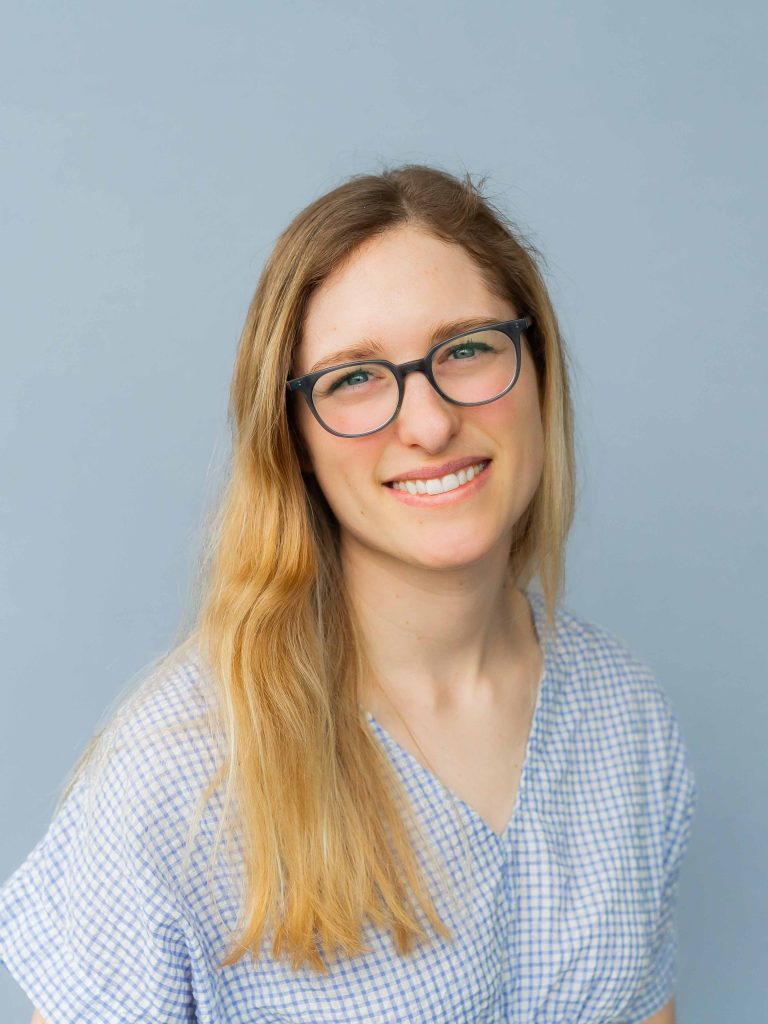
Horacio Chacón Torrico

Before starting the PhD program in 2022, Horacio finished the Global Health Metrics MPH program at UW. During his MPH, he worked as a Research Assistant at I-TECH supporting the M&E data collection system for a HIV Care and Treatment program in Zimbabwe. His work and interests focus on the intersection of technology, data, and public health, and how to better use data to measure health outcomes in middle- and low-income countries. Prior to joining UW, in Peru where he is originally from, he worked helping the design of a maternal and child health mHealth program aided by Community Health Workers in the Amazon Jungle. His prior Medical (MD) and Biomedical informatics (MSc) training has enabled him to contextually understand and work with public health data. During his PhD Horacio is aiming to develop new methods to map health inequities and explore disease distribution in underserved populations.
Huong Chu
Huong is a medical doctor and epidemiologist with more than 8 years of experience working in public health on infectious disease control and prevention. She has experience conducting cutting-edge research, understanding infectious disease trends, and evaluating the impact of interventions. Before joining IHME, Huong worked at Family Health International (FHI) 360 as a Senior Project Officer, Coordination and Knowledge. Prior to joining FHI 360, Huong served as an Analytics Team Lead for the COVID-19 unit in the Rhode Island Department of Health, where she trained and mentored epidemiologists and data scientists to provide analytical and technical support for the COVID-19 response. She was also a project lead at the Association of Vietnamese Scientists and Experts, advising the COVID-19 Taskforce in Vietnam. She has a medical degree from the Thai Nguyen University of Medicine and Pharmacy and a Master of Public Health degree from the University of Washington in the US.
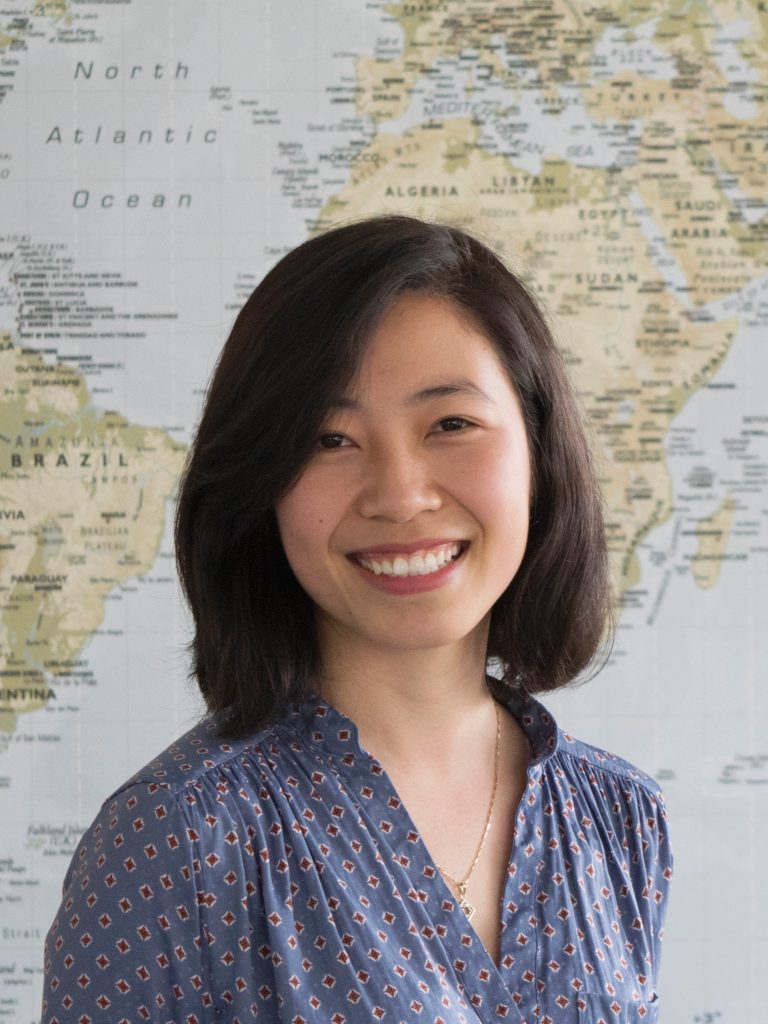
Salome Drouard
Salome joined the Ph.D. program in 2023. Before that, she was a Result Specialist at the Global Financing Facility (GFF) and a research assistant within the Development Economics Vice Presidency of the World Bank (DEC). For the GFF, Salome worked on real-time monitoring of disruptions to essential health services during the COVID-19 pandemic using health facility routine data and rapid phone surveys. At DEC, she worked on the impact evaluations of a performance-based financing program on the quality and coverage of reproductive, maternal, and child health services in the Democratic Republic of Congo. She holds a master’s degree in applied economics from Paris School of Economics. Salome’s research interest involve measuring the effect of climate change and the equity of health systems.
Nancy Fullman
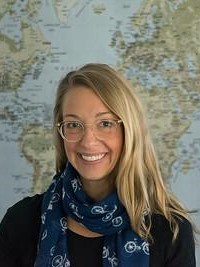
Nancy Fullman, MPH joined the PhD program in Global Health Metrics and Implementation Science in September 2017 after working at the Institute for Health Metrics and Evaluation (IHME) in multiple roles. During her time at IHME, Nancy conducted research on tracking malaria intervention coverage and evaluating the impact of child health interventions in Zambia and Uganda; worked on a multi-country research initiative analyzing drivers of health system performance; and supported various research areas in the Global Burden of Disease study, particularly around the Sustainable Development Goals (SDGs). She also received her MPH in Health Metrics and Evaluation from the University of Washington in 2011. Nancy’s research interests primarily involve assessing various components of health system performance, especially around health service delivery and intervention coverage; measurement of the health-related SDGs; and impact evaluations.
Jiawei He
Jiawei joined the PhD program in 2019, after working as a Researcher at Institute for Health Metrics and Evaluation (IHME) and as a Machine Learning Engineer for Baidu. As a Researcher at IHME, Jiawei’s primary focus was on forecasting population, fertility, and summary exposure values (SEV) for risk factors on the risk-outcome and cluster level. During his PhD program, Jiawei’s interest lies in the application of machine learning methods to global health research. Jiawei has previously worked on various teams at IHME, including the Forecasting, Math Science, HIV, and COVID teams.
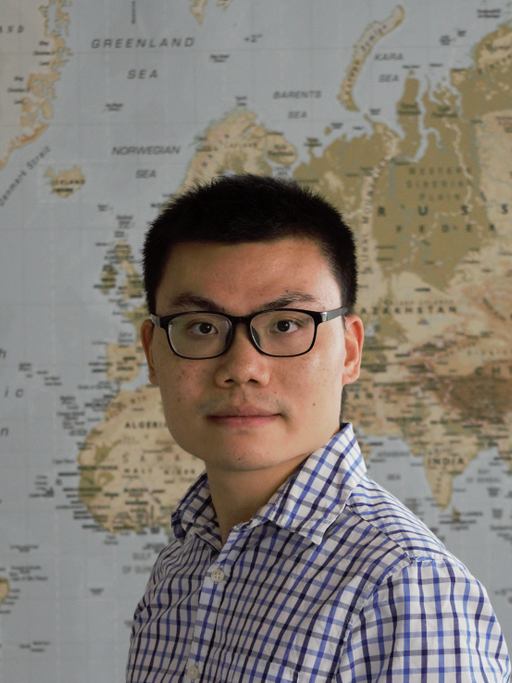
Julie (Sojin) Kim

Julie joined the PhD program in fall 2021, after working as a research assistant at the Harvard Center for Population and Development Studies and finishing her master of science in global health and population at the Harvard School of Public Health. At Harvard, Julie focused on estimating health and demographic indicators across small geographic units in India to highlight subnational health and wealth inequities. Julie also conducted research in Brazil, where she investigated inequality in life expectancy by socioeconomic status in Rio de Janeiro. Julie is currently working to develop population forecast models at IHME, with a focus on fertility forecast models. During her PhD, she aims to expand her research to incorporate different policy scenarios in population projections and assess the impact of population policies in low fertility settings.
Ira Martopullo
Ira joined the PhD program in 2021, after working at IHME as a Research Scientist for more than five years. During her time at IHME, she worked in the Global Burden of Disease study, estimating the burden from maternal disorders. Ira has a Master’s in Public Health in Epidemiology from the University of Washington. She is interested in research focusing on women’s health, specifically on the relationship between family planning and health outcomes.
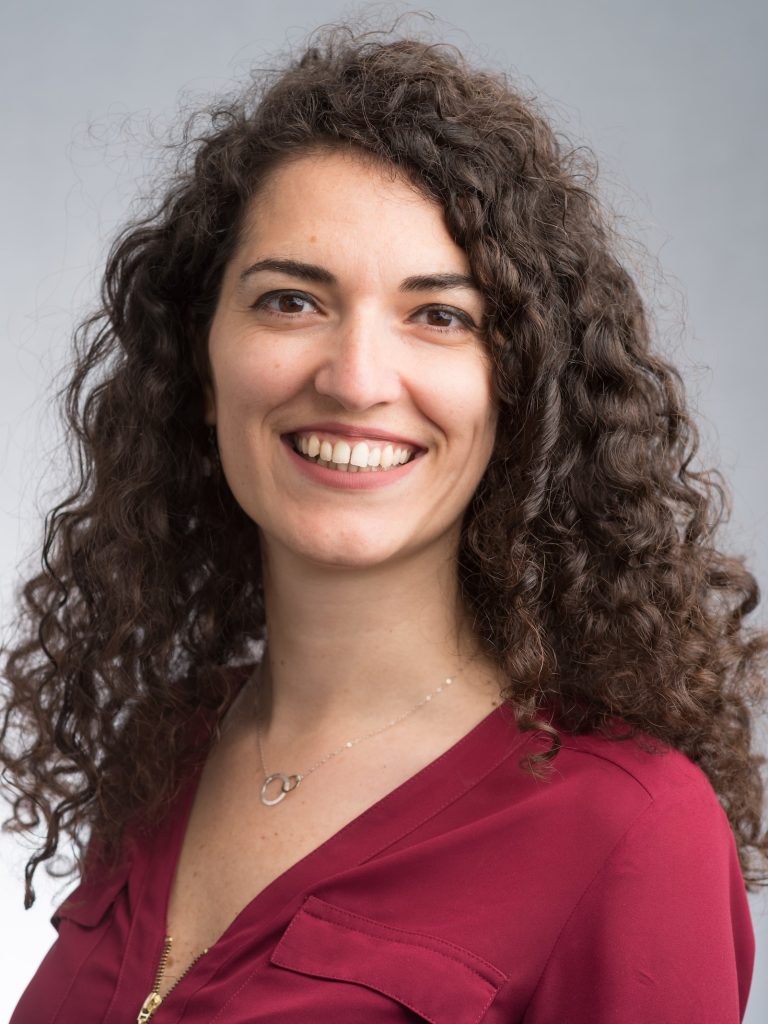
Latera Olana
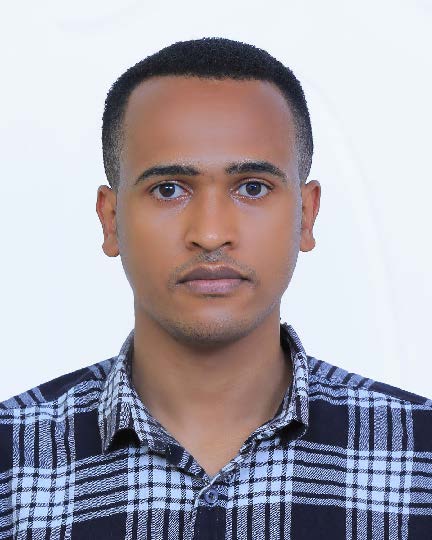
Latera initiated his academic pursuits at Addis Ababa University, getting a B.Sc. in Computer and Electrical Engineering in 2019. He then transitioned to a professional role at the Ethiopian Public Health Institute’s National Data Management and Analytics Center as a data analyst and case team lead from 2020 to 2022, focusing on Maternal, Newborn, and Child Health (MNCH) research using advanced statistical and data science techniques. Concurrently, the team aimed to enhance national health data science competency and worked on creating interoperable health data systems adhering to FAIR principles. Latera also collaborated on projects estimating vaccine coverage across Ethiopian districts, supporting the Ethiopian Expanded Program for Immunization. In 2022, as part of the Institute for Health Metrics and Evaluation (IHME) and EPHI’s capacity building initiative, he commenced his master’s in Health Metrics Science at the University of Washington, affiliating with IHME’s Simulation Science team. Now advancing to his PhD, Latera continues on the same track with a data-centric focus. His research, employing methodologies in statistics, mathematics, applied sciences such as machine learning and econometrics, aims to evaluate MNCH intervention coverage, discern key drivers and disparity levels, and forecast cost-effective investments to address these issues, thereby intertwining advanced analytic techniques with crucial public health concerns.
Marie Parent
Marie joined the PhD program in 2023 after working as a Research Analyst at the International Food Policy Research Institute (IFPRI) and as a Researcher at the Institute for Health Metrics and Evaluation (IHME). At IFPRI, Marie worked on a team estimating the cost and best set of interventions to achieve SDG 2, ending hunger sustainably by 2030. At IHME, Marie works on modeling exposure and burden for dietary risks for the Global Burden of Disease. During the program, Marie is interested in risk factor modeling and bridging gaps between health metrics research and policy usability. Marie holds a Master of Public Policy from the University of California, Berkeley, and a Bachelor of Arts in Economics from Indiana University, Bloomington.

Nishali Patel
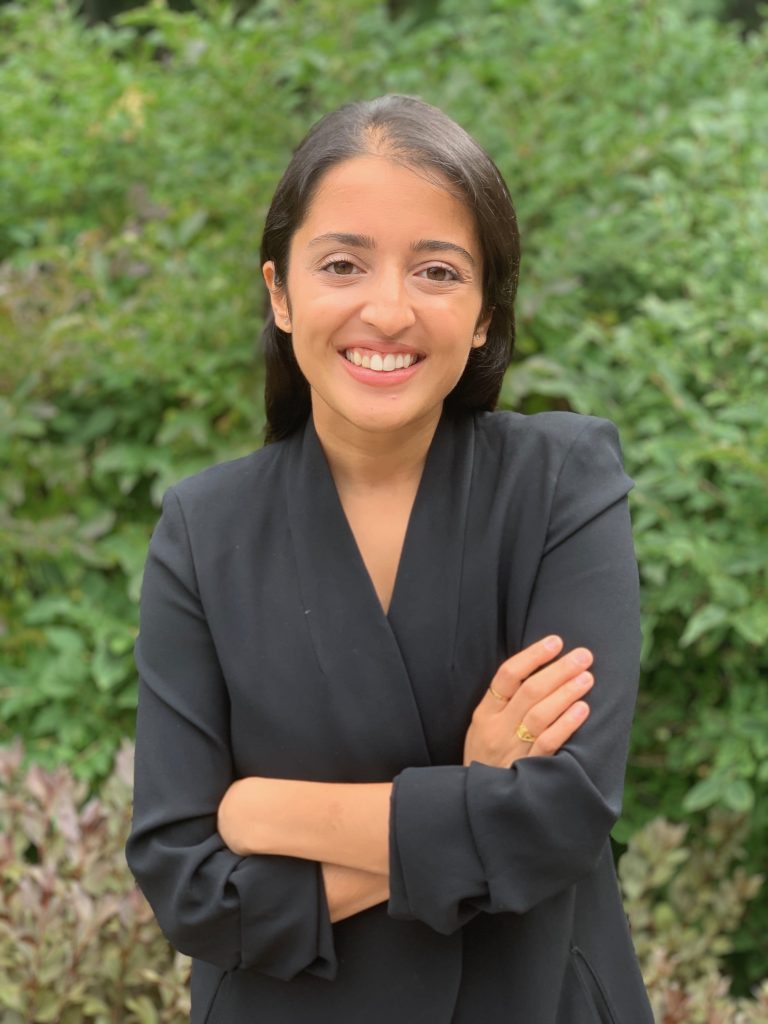
Nishali is interested in exploring the relationships between health systems, policies, and reforms in the production and potential reduction of health inequities. Prior to joining the PhD program in 2021, she supported health financing research in Ethiopia with Harvard University and the Ethiopian Ministry of Health, malaria program costing in Vietnam with the Clinton Health Access Initiative, health systems data visualization in the Congo (remotely) with the World Bank, and global health policy analysis with the Government of Canada. After graduation, Nishali hopes to contribute to developing innovative tools for measurement of health systems performance and progress in multiple contexts.
Paola Pedroza
Paola joined the PhD program in 2022, after working as a researcher and data analyst at the Institute for Health Metrics and Evaluation (IHME). During her time at IHME, Paola worked on estimating global dementia spending, development assistance for health, and funding and services needed to achieve universal health coverage (UHC) around the world. Prior to joining IHME, Paola was awarded an Erasmus mundus scholarship to pursue a master’s in public health in Spanish, French, and Polish institutions. In addition to her multi-cultural background her experience with health economics, public health, and biology have allowed her to contribute to research teams working on diverse topics including an economic evaluation of a backyard poultry intervention to reduce stunting in Ghana and an effort to estimate cost-effectiveness ratios for common pharmacological interventions in resource limited settings. During her time as a PhD student Paola is interested in understanding the practices that make health systems stronger and better suited to meet the needs of the populations they server—with special interest in continuity of care following a non-communicable disease diagnosis.
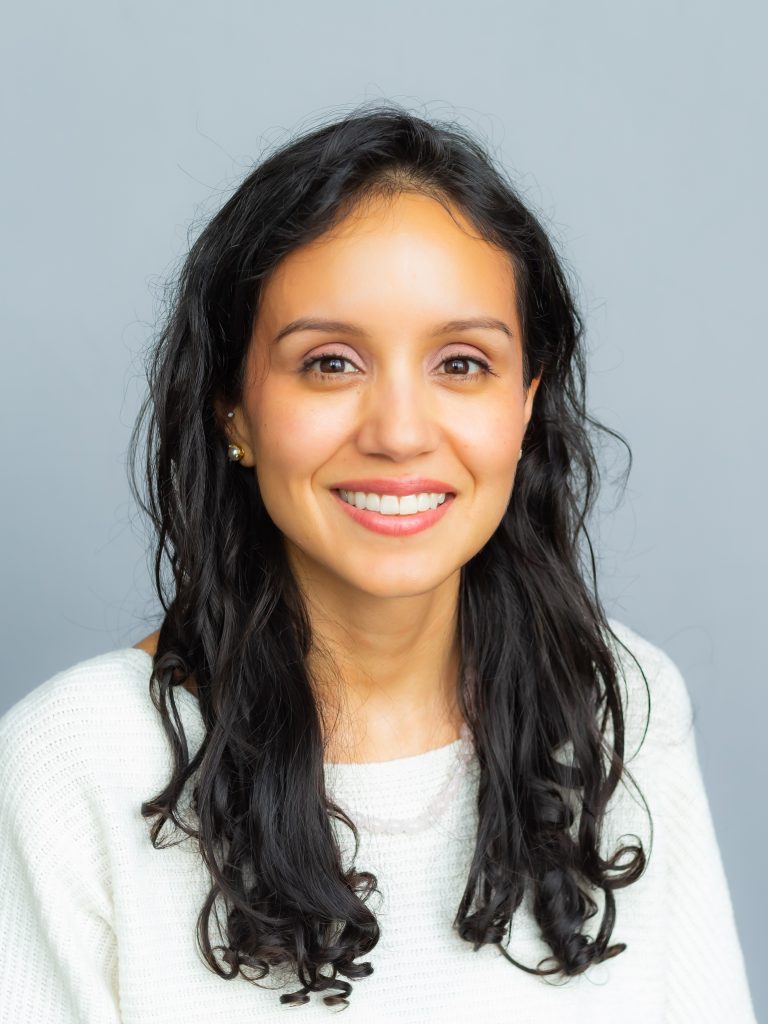
Maitreyi Sahu
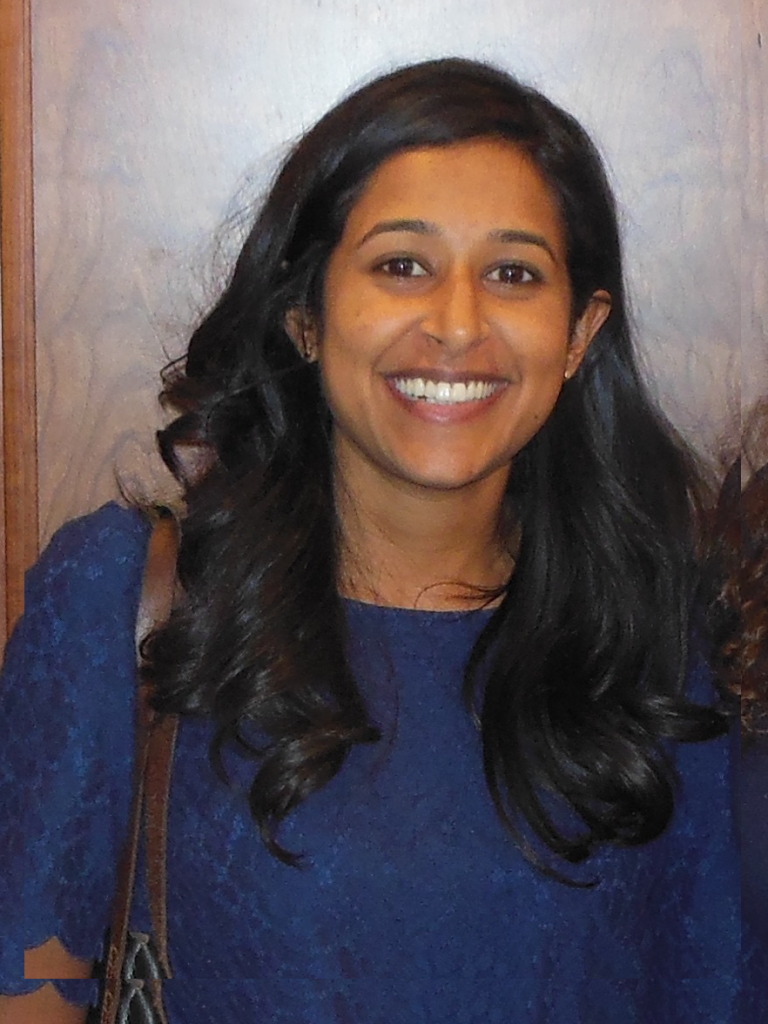
Maitreyi aims to expand affordable, equitable, and high-value access to medicines domestically and globally. As a PhD student in Health Metrics Sciences, she studies racial disparities in US pharmaceutical spending using claims and survey data, as part of a larger IHME project measuring US county- and state-level healthcare spending and value. She also leads an economic evaluation of community delivery of HIV medicines in South Africa, with the UW Global Health Department. Her work employs methods from epidemiology, health economics, applied statistics, and demography. Prior to joining UW/IHME in 2019, Maitreyi worked at the Swiss Tropical and Public Health Institute analyzing health systems enablers of malaria eradication, costs of mass drug administration for deworming programs, and public sector health insurance in low-resource settings. Previously, she interned with the Global Fund and the NYC Department of Health and then from 2014-17 served in the NGO sector as a field epidemiologist based in Sierra Leone and South Sudan. Maitreyi holds a BA and MS in Public Health from Johns Hopkins University, where she was a Merck Global Health Scholar and studied TB/HIV in South Africa, Lesotho, and Malawi.
Christopher Troeger
Prior to joining the PhD program in 2019, Christopher was a Research Scientist at the Institute for Health Metrics and Evaluation where he performed statistical analysis and modeling for the Global Burden of Disease Study, where he was responsible for estimates of diarrheal diseases and lower respiratory infections. His research interests have been shaped by those preventable, infectious causes of childhood mortality to focus on how factors in early life, including episodes of infectious diseases, affect infant and young child vulnerability to poor health and developmental outcomes. Christopher is motivated by the application of epidemiology and quantitative health metrics to influence policy and strategy that improves the lives of children and all people, everywhere.

Aisha Twalibu
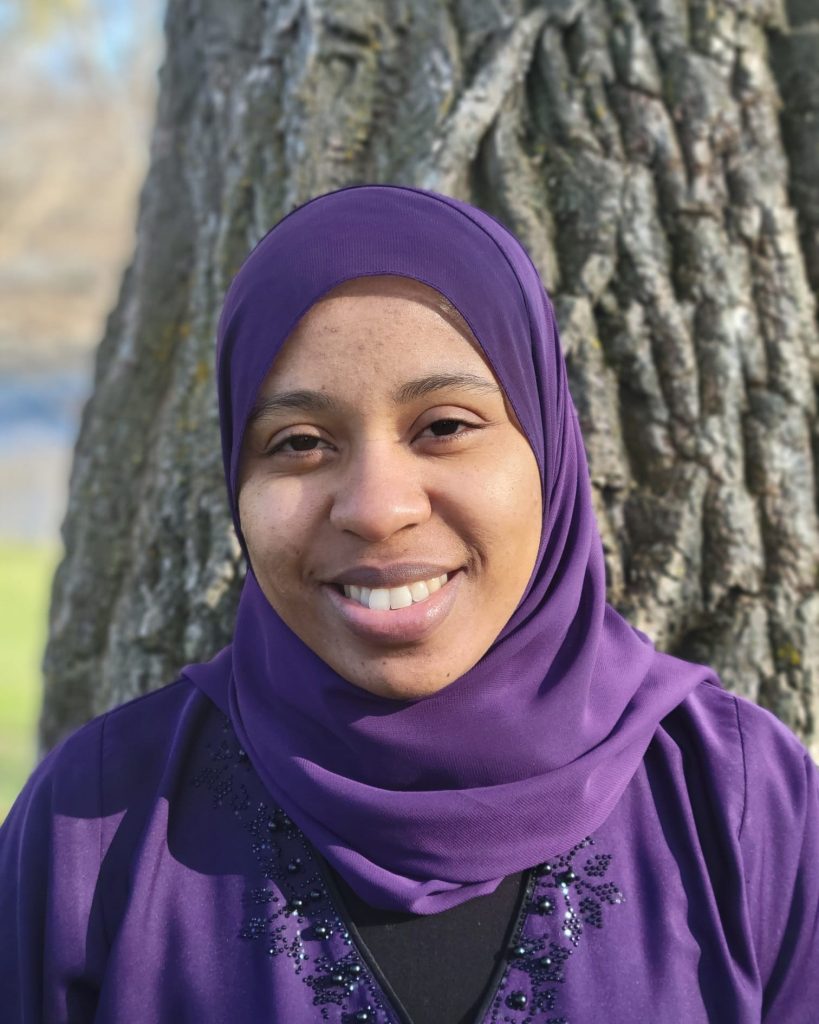
Aisha is a global health researcher interested in impact evaluations, cost effectiveness, resource tracking and measurement of health inequalities. Aisha’s research career started at Save the Children, Malawi where she managed a cluster randomized controlled trial of an integrated child nutrition intervention and its impact evaluation. After Save the Children, Aisha was an independent research consultant with International Food Policy Research Institute (IFPRI), Institute for International Programs at Johns Hopkins University and Global Alliance for Improved Nutrition (GAIN). Before joining the PhD program, Aisha worked at the University of Western Ontario, Canada focusing on systematic reviews and economic analyses of Indigenous maternal and child health interventions. She holds an MSc in Global Health Implementation and a Bachelor of Science in Statistics and Demography from the University of Malawi.